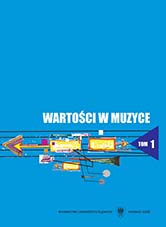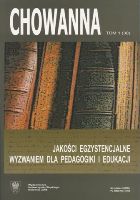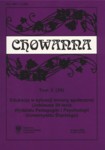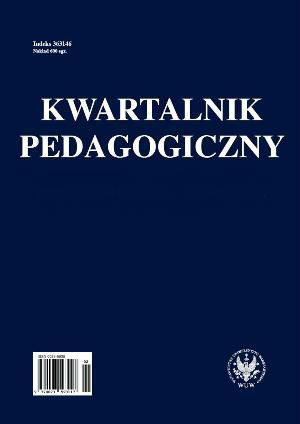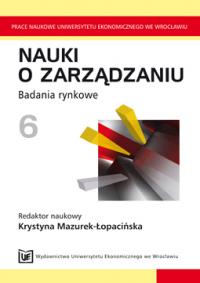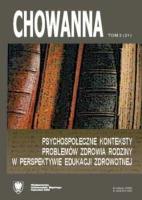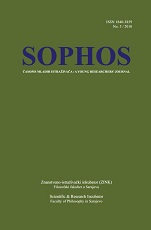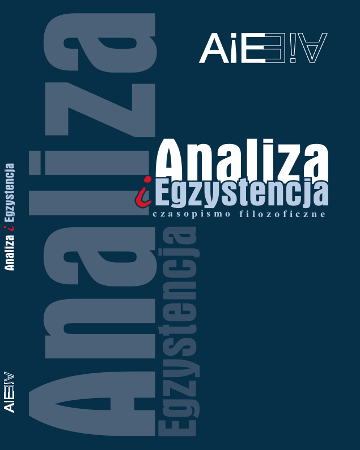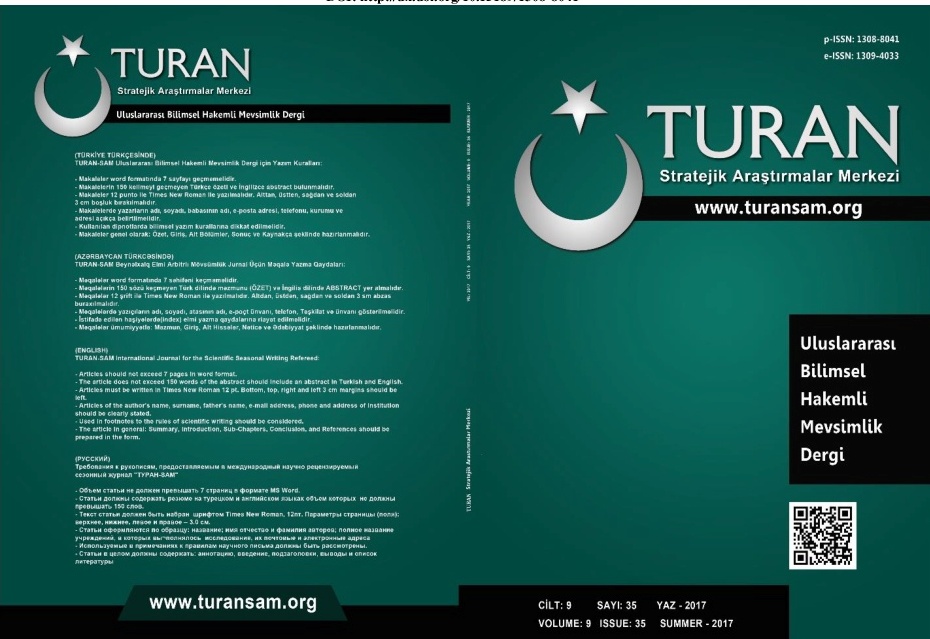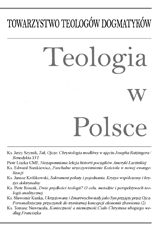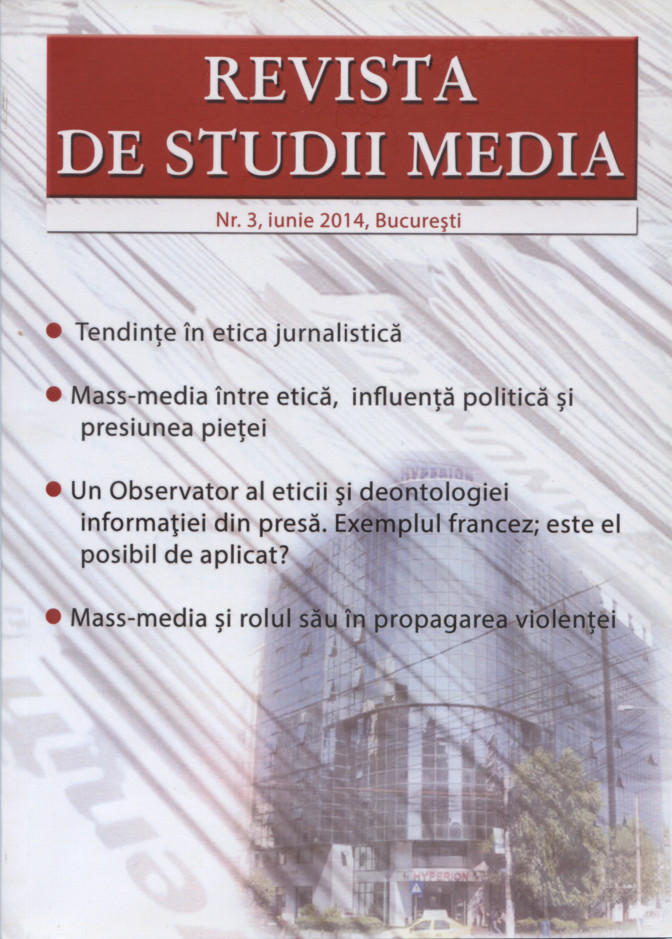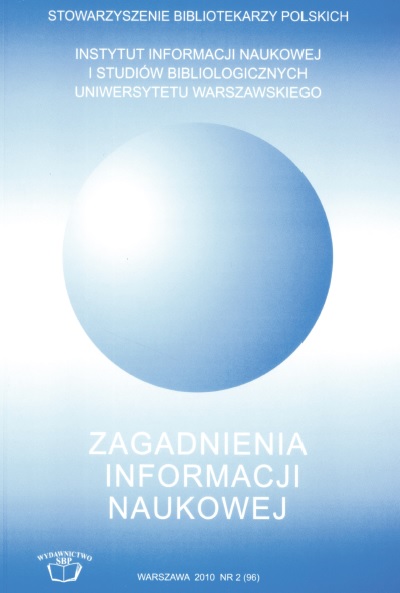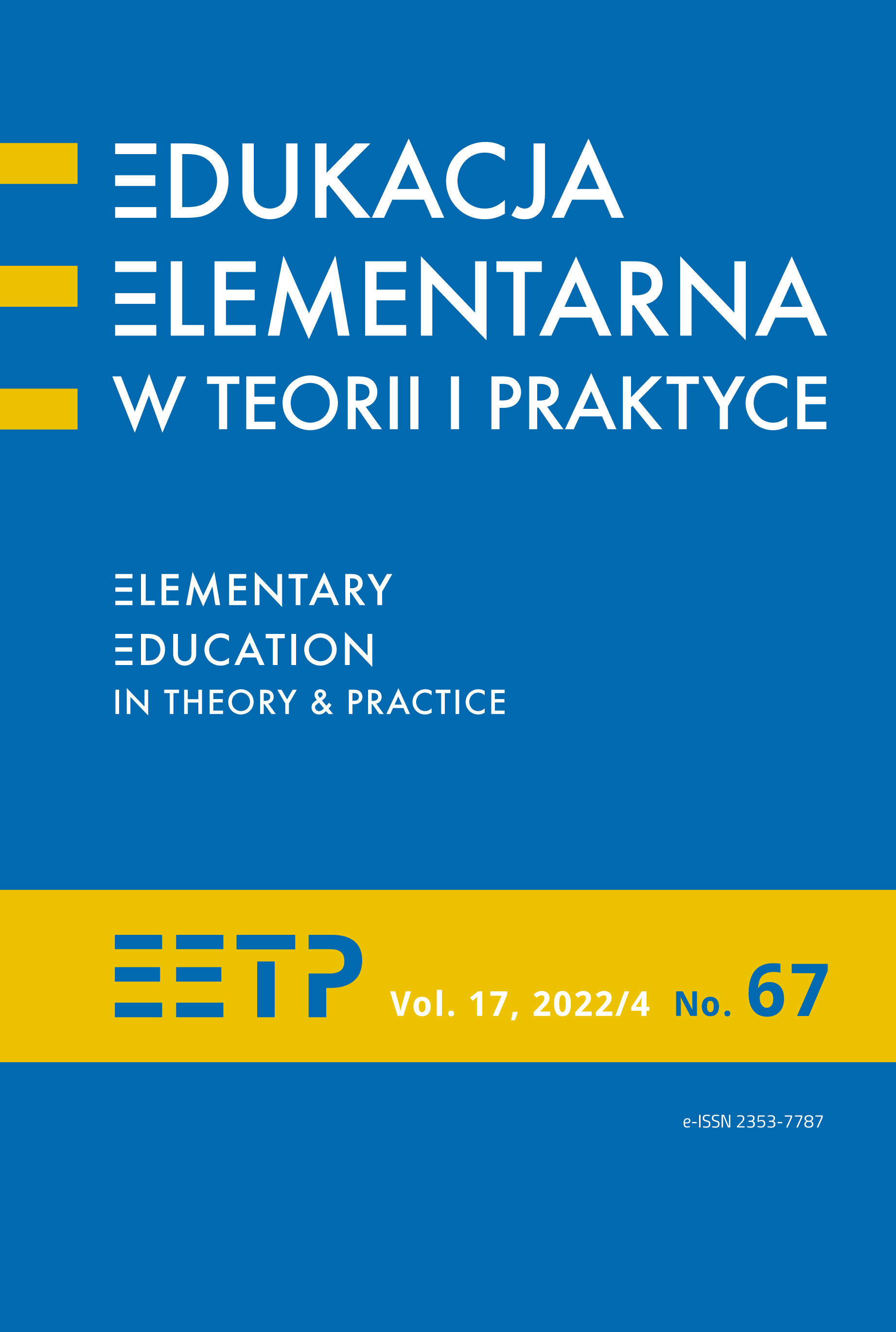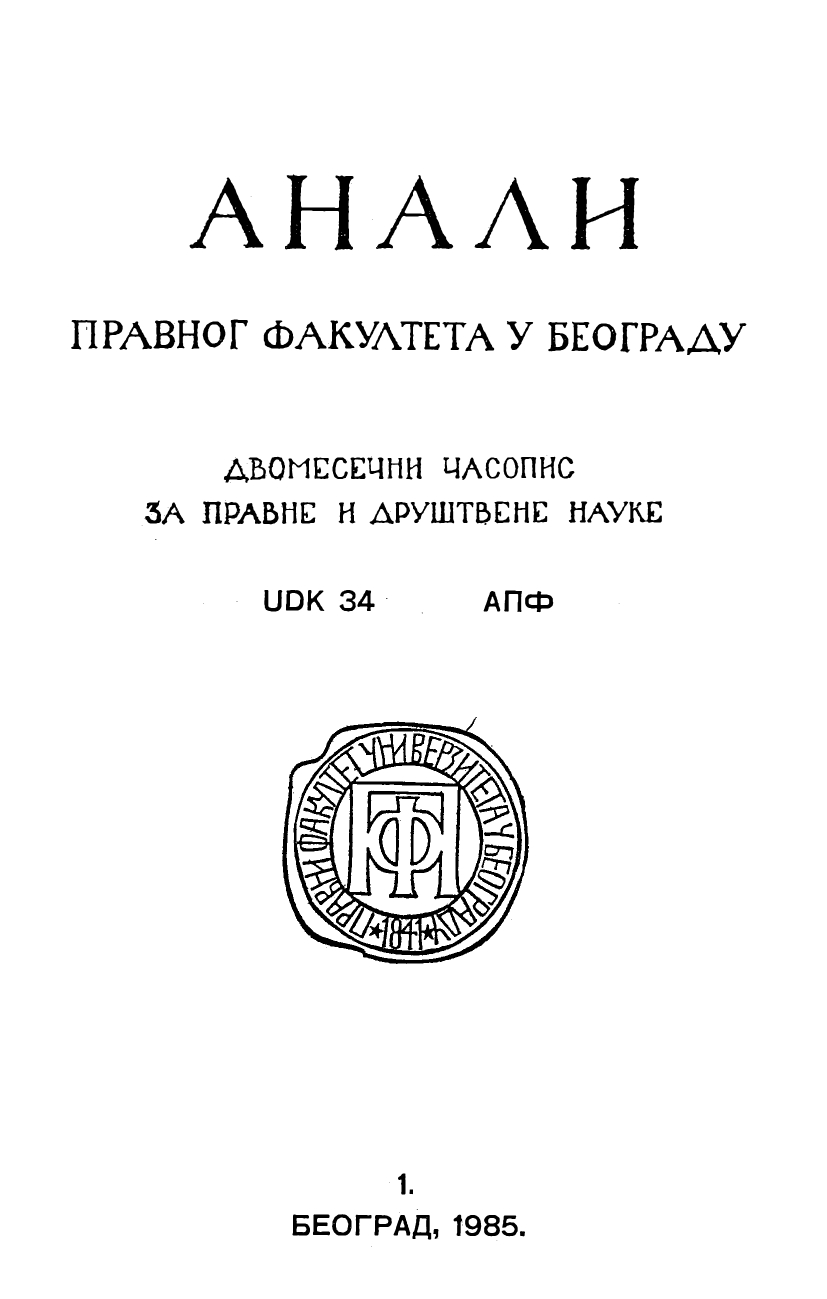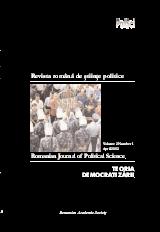
The Democracy as Universal Value
Democraţia ca valoare universală
Keywords: political culture; values; Confucianism; Islam; development; famine;
The rise of democracy is the most important development in the 20th century. This is a crucial fact to be taken into account when talking about the developing countries: democracies are not performing economically worse than autocracies, and no substantial famine has ever occurred in an independent and democratic country with free press, no matter how poor this country is. But democracy has not only instrumental value, to create wealth and spread social best practices through free communication; it has also intrinsic value for the human life. Moreover, it is a very general concept that can be adapted locally. As a result, particular cultural traditions cannot be used as a ground for rejecting the democratic institutions.
More...
